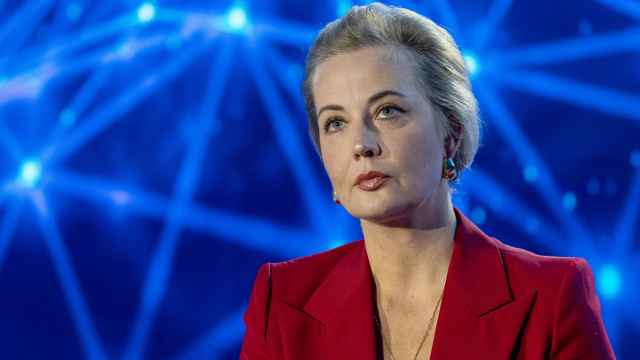President Dmitry Medvedev did what many expected when he abrogated the idea of a second term, but the reasons he spelled out last week don’t hold water. Medvedev proposed that Prime Minister Vladimir Putin return to the Kremlin simply because Putin enjoys higher popularity. In terms of government policies, nothing will change because the two leaders share the same convictions, he said.
But many of Medvedev’s decisions that have won praise from Western governments and investors would hardly have been imaginable if Putin had stood at the helm.
In one such measure, Russia abstained in the United Nation Security Council’s vote in March to impose a no-fly zone in Libya, thus authorizing the military operation. Putin appeared incensed, hitting out at the resolution as “flawed” and likening the NATO-led intervention with medieval crusades.
In another surprise, Russia allowed for stronger punitive action against Iran, supporting a new set of UN sanctions for the country’s nuclear program last year. Medvedev used the sanctions to scrap a Putin-era deal to sell powerful air defense systems to Iran.
In domestic policies, Medvedev has also ruled with a more liberal hand. He pushed for broader privatizations and ordered government officials to leave the boards of state-controlled companies in an effort to level out the playing field.
His reference to Putin’s popularity seems like a lame excuse in light of the fact that six months — an entire lifetime in politics — remain before the presidential election in March. Putin was able to stage a spectacular rise to power in about as much time a decade ago, when he came from relative obscurity in August 1999 to gain enough support to succeed President Boris Yeltsin in the first round of the presidential election the following March.
It now looks like Medvedev never really tried to galvanize popular support for a second term. His lofty speeches focused on high technology, while his policy choices in legal and tax areas targeted mostly the same slim stratum of brainy entrepreneurs. Some of his initiatives — such as the phasing out of incandescent light bulbs to improve energy efficiency or the reduction of time zones — earned outright scorn from those who hoped for a more broad-based agenda.
Medvedev voluntarily left it to Putin to appeal to the masses. Putin credited himself for dramatic increases in pension payments in the midst of the economic crisis; announced that military and police salaries would double next year; and won patriotic headlines in the tough gas-trade standoff with Ukraine.
Now that Medvedev has agreed to trade in his presidency, the word is that he will enjoy much room to maneuver as the next prime minister. From his previous record, he will likely not attempt to build his own power base, preferring again to stay in Putin’s shadow.
A Message from The Moscow Times:
Dear readers,
We are facing unprecedented challenges. Russia's Prosecutor General's Office has designated The Moscow Times as an "undesirable" organization, criminalizing our work and putting our staff at risk of prosecution. This follows our earlier unjust labeling as a "foreign agent."
These actions are direct attempts to silence independent journalism in Russia. The authorities claim our work "discredits the decisions of the Russian leadership." We see things differently: we strive to provide accurate, unbiased reporting on Russia.
We, the journalists of The Moscow Times, refuse to be silenced. But to continue our work, we need your help.
Your support, no matter how small, makes a world of difference. If you can, please support us monthly starting from just $2. It's quick to set up, and every contribution makes a significant impact.
By supporting The Moscow Times, you're defending open, independent journalism in the face of repression. Thank you for standing with us.
Remind me later.





